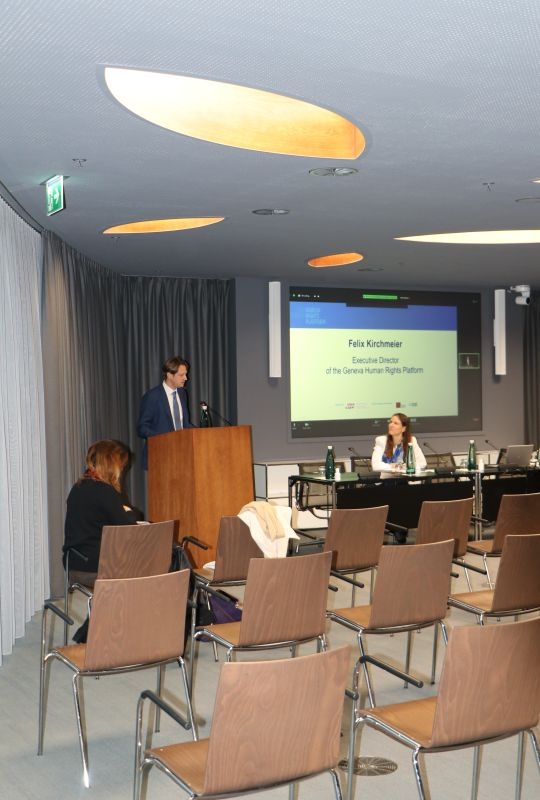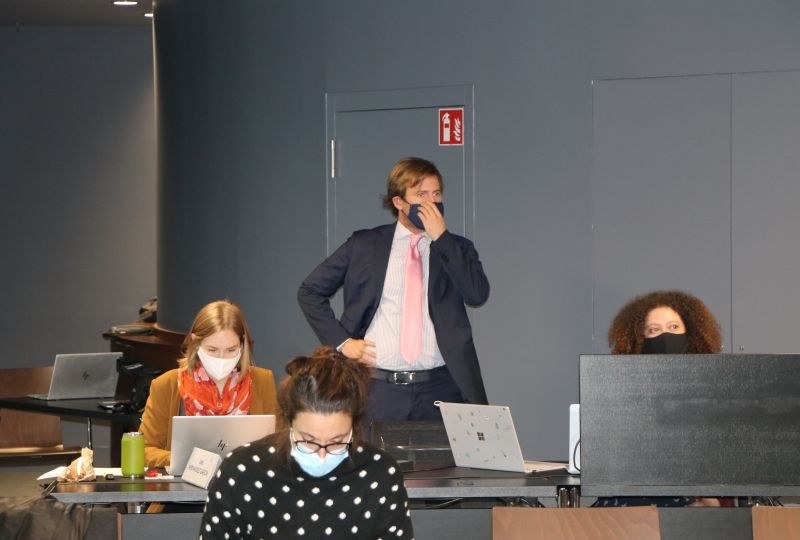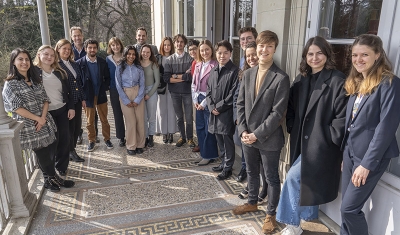In plenary panels and dedicated working-groups participants – experts, practitioners, diplomats, civil society representatives, members of global and regional human rights mechanisms, as well as the staff of international organizations – notably discussed the overall effectiveness of these interactions, including in a number of specific policy areas like climate change, the fight against corruption or the COVID-19 pandemic.
‘Addressing the question of connectivity between the global and regional levels – and ways to improve it – is key to ensure that the overall human rights framework continues to function as a whole and provides protection to victims’ says Felix Kirchmeier, Executive Director of the Geneva Human Rights Platform.
‘As pointed by Michael O’Flaherty, Director of the European Union Agency for Fundamental Rights in his opening remarks, this issue is not new but it hasn’t’ received the attention it deserves. This conference not only served to have a dialogue between the global, regional and national levels but also to point to things that work and to those that need improvement. We have now plenty of material to go forward’ he adds.
















